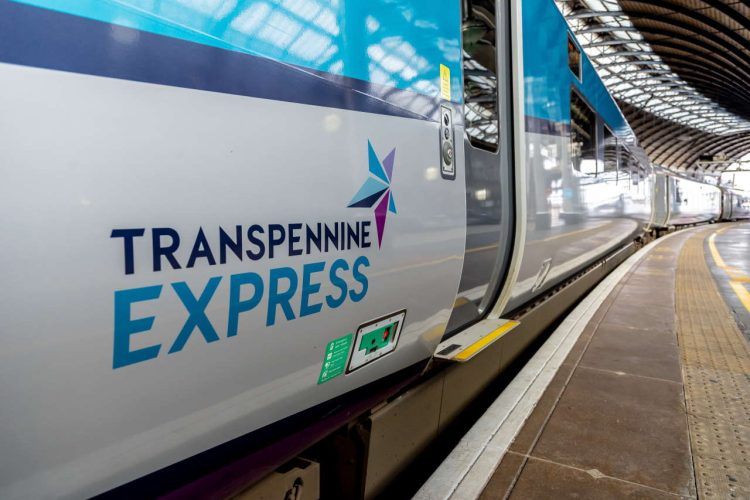ORR welcomes progress in staff training on disability
The Office of Rail and Road (ORR)[1] has written to the industry about the training that train operating companies and Network Rail[2] give to staff about meeting the needs of disabled passengers.
The letter sets out what it expects from companies, and mentions both shortcomings and good practice, and follows last year's ORR report highlighting the need for accessibility improvements[3].
 Credit: ORR
Credit: ORR
The regulator requires all train operators to train staff about disability and equality every two years. It specifies that staff must be able to show that they are competent in particular areas, including communication, accessibility[4] at stations and safely assisting passengers.
ORR assessed the operators' plans, and took into consideration factors including whether:
- the training had been developed in consultation with disabled people
- the plans included a means of assuring that staff had understood and would be able to apply the training content.
The regulator reported that most train operators demonstrated good practice in these areas.
ORR did, however, find that the initial proposal from TransPennine Express[5] to provide only a briefing document to staff was inadequate. The document would not be as effective as either e-learning or classroom teaching, as it would not allow the company to check that staff had understood and retrained the information required. TransPennine Express[6] has now assured ORR that it will provide an e-learning module to all its passenger-facing staff, to be delivered by 31 December 2023.
 Credit: Jonny Walton
Credit: Jonny Walton
While ORR only requires companies to train staff who work directly with passengers, four companies – Grand Central[7], Greater Anglia[8], Merseyrail[9] and Network Rail[10] – plan to go beyond this by delivering refresher training to all staff. And while the regulator allows companies to choose either e-learning or in-person training, it singled out Grand Central[11] for praise for providing in-person training for all staff, which suggests that this is the most effective method.
ORR also reported that operators are training staff to use the Passenger Assist staff app, which it believes may improve how frontline staff communicate, resulting in more reliable assistance provision. The app was introduced in 2019, but has attracted criticism from some disabled passengers[12].
Earlier this week, the co-Chair of Avanti's Accessibility[13] Panel tweeted about his experience of travelling on Northern[14], highlighting the importance of the availability of trained staff.
ORR welcomed industry plans for greater standardisation of refresher training in the future.
Stephanie Tobyn, director of strategy, policy and reform, said: “Well-trained staff are essential for an accessible railway. The industry needs people with the appropriate skills, knowledge and attitude necessary to effectively assist disabled passengers to travel with confidence.
“We have reviewed how operators are providing disability and equality refresher training for all passenger-facing staff, and we are pleased to find that the rail industry is making good progress.”
References
- ^ Posts tagged with Office of Rail and Road (ORR) (www.railadvent.co.uk)
- ^ Posts tagged with Network Rail (www.railadvent.co.uk)
- ^ ORR report highlighting the need for accessibility improvements (www.railadvent.co.uk)
- ^ Posts tagged with Accessibility (www.railadvent.co.uk)
- ^ Posts tagged with TransPennine Express (www.railadvent.co.uk)
- ^ Posts tagged with TransPennine Express (www.railadvent.co.uk)
- ^ Posts tagged with Grand Central (www.railadvent.co.uk)
- ^ Posts tagged with Greater Anglia (www.railadvent.co.uk)
- ^ Posts tagged with Merseyrail (www.railadvent.co.uk)
- ^ Posts tagged with Network Rail (www.railadvent.co.uk)
- ^ Posts tagged with Grand Central (www.railadvent.co.uk)
- ^ attracted criticism from some disabled passengers (www.disabilitynewsservice.com)
- ^ Posts tagged with Accessibility (www.railadvent.co.uk)
- ^ tweeted about his experience of travelling on Northern (twitter.com)